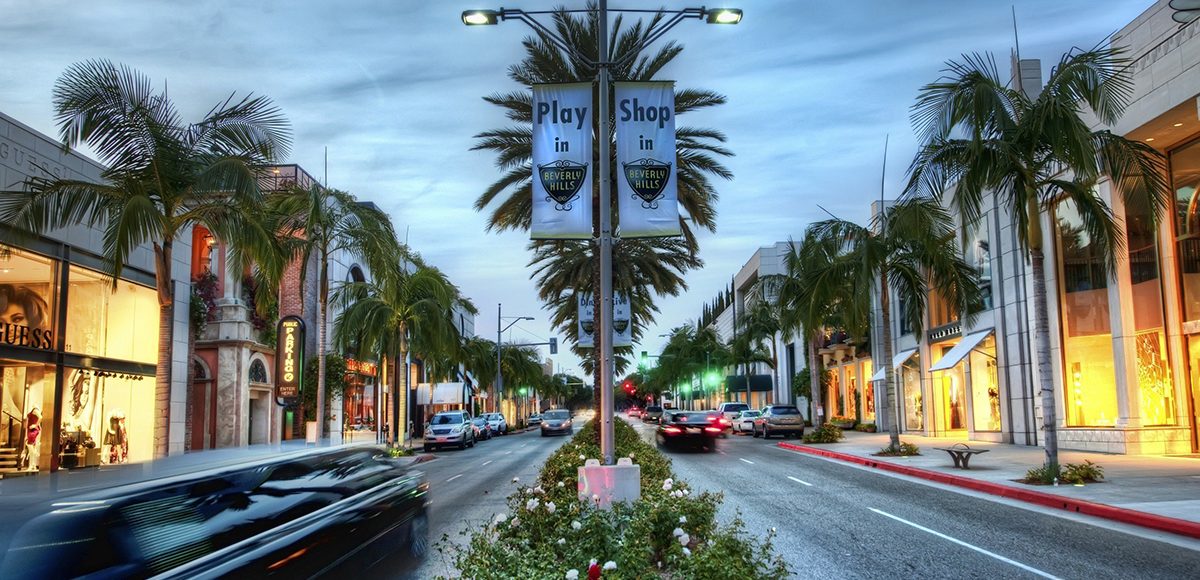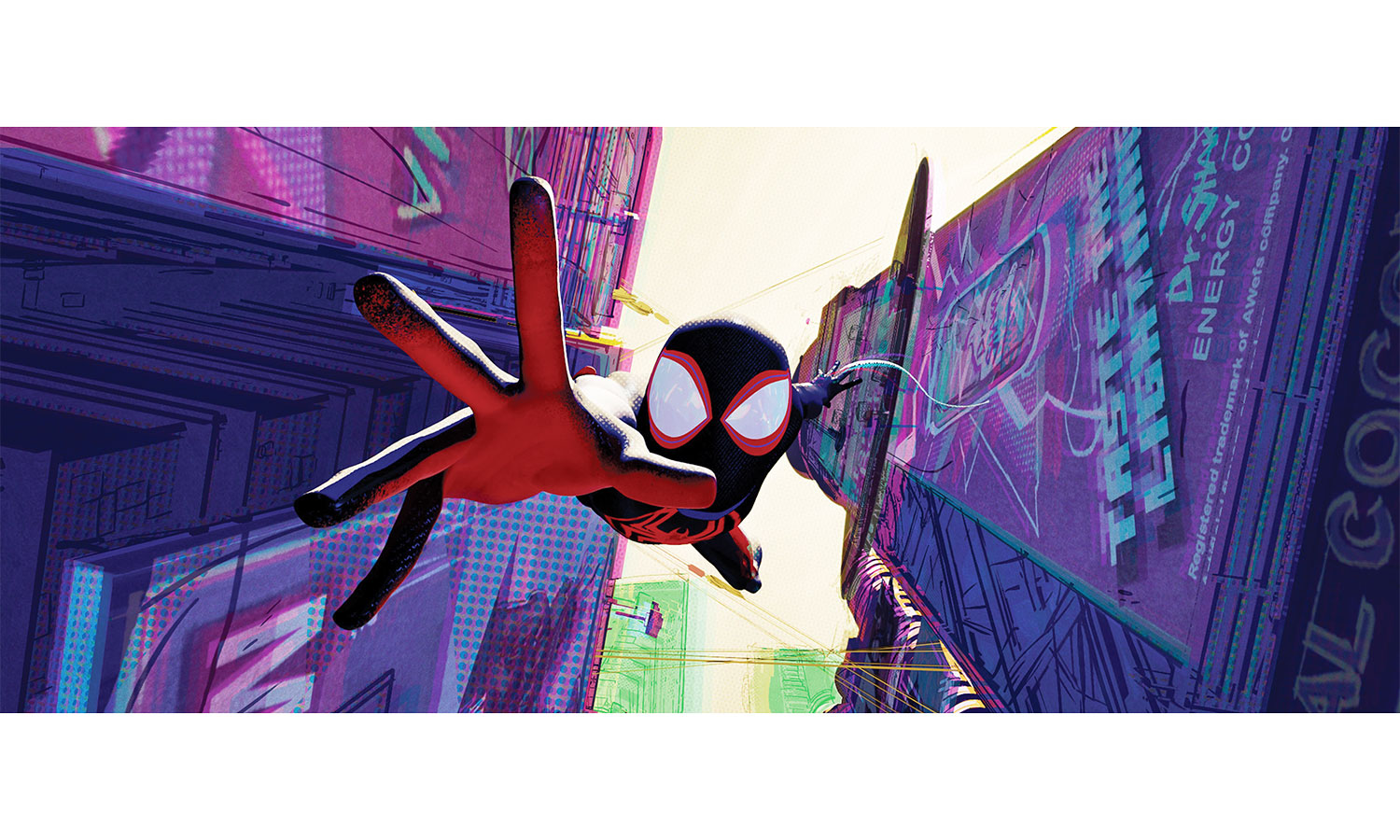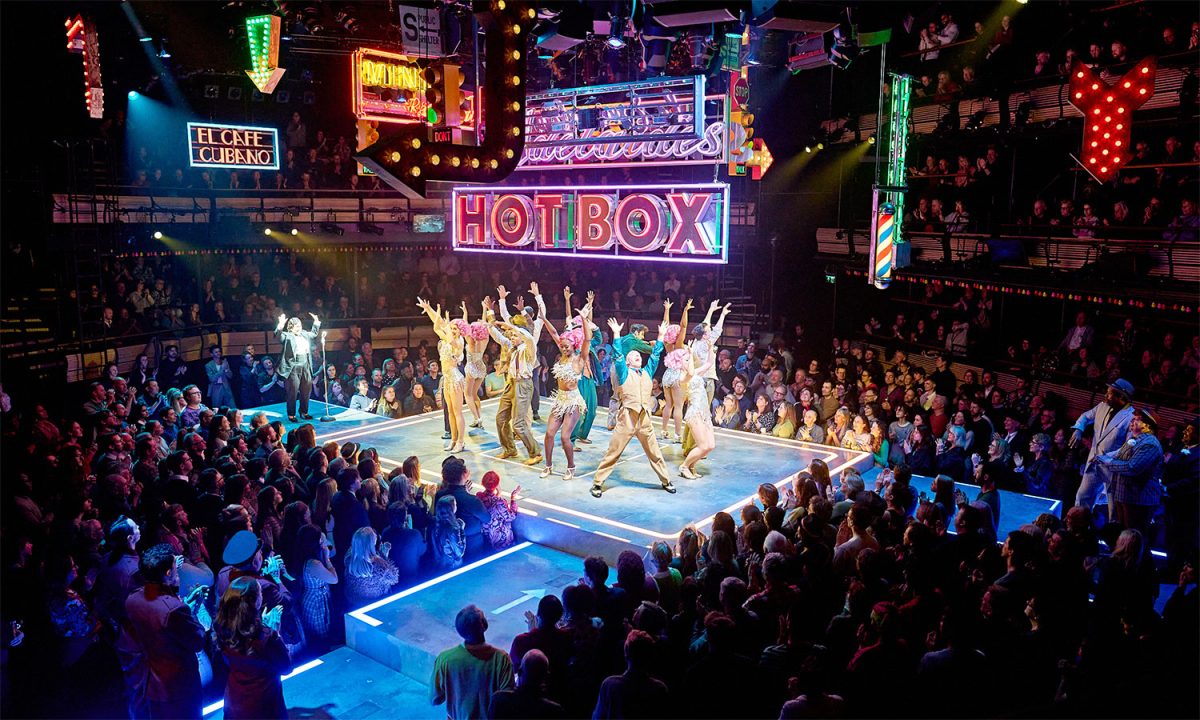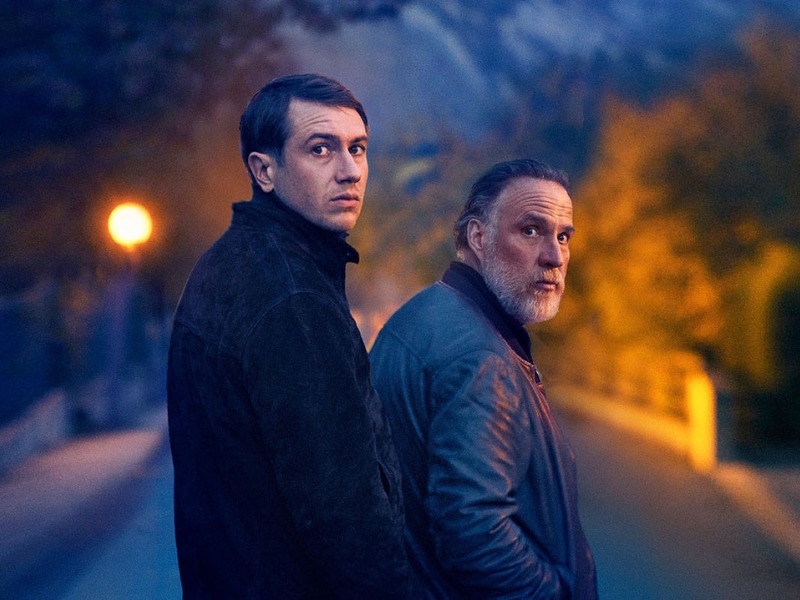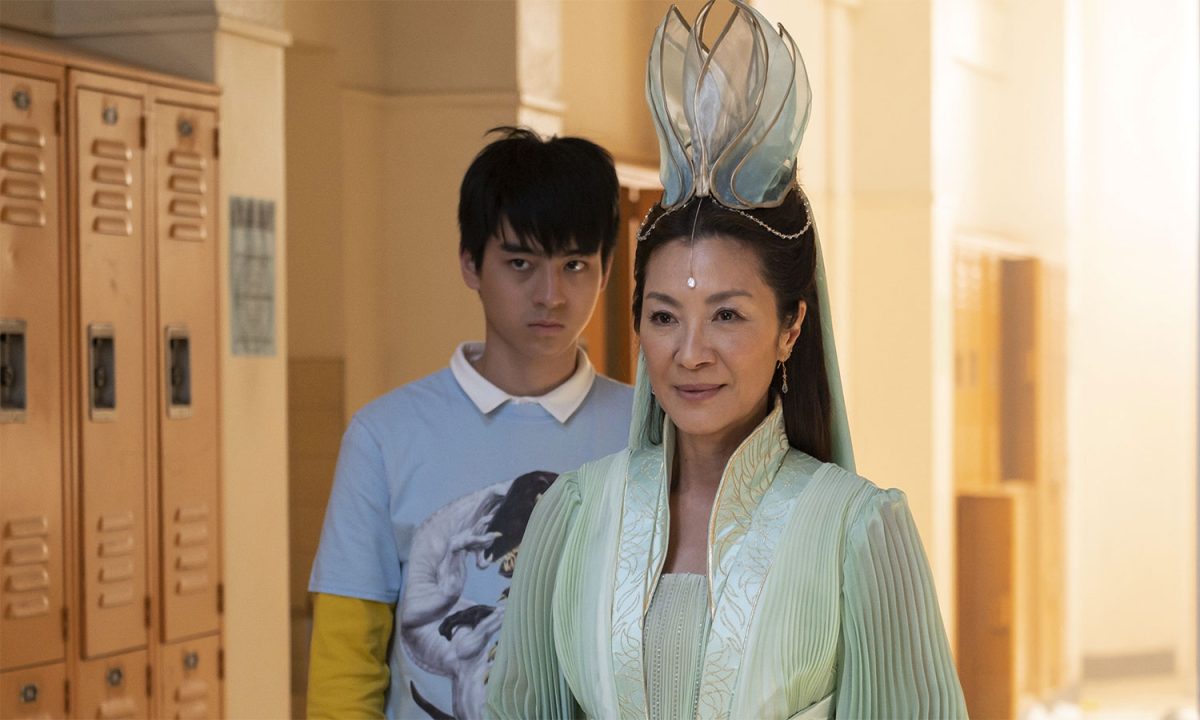Bianca Heyward is the newest member of the Beverly Hills Courier’s editorial staff. The Beverly Hills native recently earned a graduate degree from the prestigious Columbia School of Journalism. In the past few months, her pieces on the City Council race, local crime statistics and the Log Cabin in West Hollywood have appeared on the Courier’s front page. At 27, Heyward is also the youngest member of the Courier team. Earlier this month, she learned of possible exposure to the COVID-19 virus. This is her account of the experience.
On Thursday, March 12, I walked into the Cedars-Sinai urgent care in Beverly Hills.
I used the sleeve of my sweatshirt to open the door and proceeded to check-in with one of the nurses at the reception window. I pumped some Purell on my hands as the nurse handed me a disposable face mask. She asked me to put it on right away, and then asked the reason for my visit.
“I’m not feeling well,” I quietly told her. I was afraid that the six other patients in the waiting room, also wearing masks, would hear me. I thought they might stampede out if they heard me utter the reason I was there: fear that I had contracted the Coronavirus.
The weekend before, I stood as a bridesmaid at my friend’s wedding that was attended by roughly 900 guests. In the Halcyon days of early March, I thought that the few elbow bumps I was getting instead of hugs and kisses were a bit overly precautious. Meanwhile, my friends and I were sharing lip gloss and trying each other’s cocktails without thinking twice. But soon, news alerts began appearing on people’s smartphones. The Italian government had imposed a lockdown after nearly 6,000 people tested positive for the virus. They reported 233 dead, an alarming jump from the 49 reported the day before. However, no one let that dire news dominate our conversation or happiness for the pending nuptials. The virus was 6,000 miles away, or so we all thought.
My friends exchanged vows in a floral-filled fairytale setting. Afterwards, the reception dance floor was packed, as we danced, laughed and put our arms around one another for the Hora. The term “social distancing” had yet to enter our lexicon. I could not imagine that, until further notice, this would be the last time I would embrace family and friends. None of us predicted the dystopia that, today, is our new normal.
Driving back to Los Angeles on Sunday, I learned that a large group had flown in for the wedding from northern Italy, the epicenter of that nation’s Coronavirus crisis. I didn’t know the family and wasn’t sure if I had come into contact with anyone from their group. However, it was certainly possible, as we were all staying at the same resort. Rumors soon began to circulate that at least one of the Italians had tested positive for the virus and was in isolation. Then another.
That Monday, as fear of an unknown enemy began to spread, all writers at my office were instructed to work remotely. On Tuesday, we went into the office in shifts. On Wednesday, we were back working together, clinging to a normalcy that no longer exists. Another reporter told me that I did not look well, and they were right: I was starting to feel sick. I confided to my editor about the rumors regarding the other wedding attendees. I was sent home, while my nervous officemates assiduously wiped down everything I had been in contact with.
Walking to the parking garage, I began to feel faint and didn’t know ifIwouldmakeittomycar.Itook a cough drop for my sore throat. I made it home, laid on the couch and wrapped myself in blankets in silence for hours. I was in and out of sleep, I felt hazy and was sweating, but too cold to take off layers. My breath was hot.
I called my brother, my confidant, and nervously shared my symptoms. “Please, please don’t tell mom and dad,” I said. I didn’t want my parents to worry. He urged me to go to the hospital. “No, that’s crazy,” I replied. “I just really don’t feel well.” My brother had also attended the wedding. He knew the possible risk of exposure. “That’s exactly why you should go now, tonight, just to be safe,” he said. “If you wait, it will be more crowded, and we have to make sure because you saw mom and dad a few days ago.” The thought of me compromising the health of my parents was one I couldn’t even process.
I stayed home and got some sleep instead. I did manage to take my temperature, and discovered I had a fever of 99 degrees. I was physically isolated, and emotionally alone, unavailable.
The thought that I could be infected with the virus – inadvertently exposing family members, friends, plus the entire Courier staff – began to sink in. I managed to text my editor to tell her that I had a fever. I also told her that the reportedly infected family from the wedding had come from Italy.
The following day, my editor called me at home and insisted that I go to Cedars to be tested. A few hours later, I found myself handing the nurse at urgent care my health insurance card and a $30 co-pay. I learned that if I didn’t have insurance, I could have been charged up to $900 for the visit. This was despite the fact that President Trump had assured Americans the night before that no one would have to bear the cost of the test out of their own pocket.
Once I was called into an examination room, the nurse took my vitals and asked me why I was there. My words were muffled through the face mask. When she left, I slumped down and lay on my side, crinkling the thin paper shielding the exam table. My body had difficulty remaining upright. I sat up when another nurse came, asked me similar questions, examined me and left.
I laid down shivering, curling up into a ball for warmth. I desperately wanted to go home. After some time passed, a doctor came in and asked, “What brings you in today?” I felt like I was being interrogated; I had repeated myself so many times: chills, body aches, sore throat, shortness of breath, slight fever, malaise, exhaustion. She asked me questions regarding the wedding, listened to my lungs, shined a light into my eyes, and looked at my tonsils. She tested me for the flu and I waited for about 30 minutes for results.
The doctor returned to tell me that the flu test came back negative. She was hesitant to test me for the Coronavirus. But, because I was showing symptoms and had possibly been exposed to carriers, she acceded. The fact that I had also traveled across the country two weekends before the wedding and traveled out of the country one weekend before, undoubtedly influenced her decision. I was scared. If the doctor wants to test me, do I actually, maybe, have it?
I am a healthy 27-year-old, with no pre-existing conditions. Had I come in one day earlier, the doctor said she would not have given me the test. I am not sure what changed regarding the CDC guidelines that now made me “eligible,” but when it came to the Coronavirus, things were changing at breakneck speeds. The test lasted no more than 10 seconds. A nurse inserted a cotton swab high up my nostril and it felt like she was probing inside my nose with a stick. My eyes teared up and I contorted my face trying to manage the discomfort. But it was relatively painless and was over quick. I left the urgent care and was told I’d get results in a few days. In the meantime, I was under strict instructions to self-quarantine. The Courier staff went into work-from-home mode, all anxiously awaiting my test result. I felt like a pariah, ostracized from my community. I was too sick to leave my bed for the next couple days and didn’t dare leave my apartment to even check the mail. My voicemail was full, and my phone was inundated with missed calls and unanswered text messages.
When the doctor called me 72 hours later, my heart raced, and my hands trembled. The relief I felt upon learning the test came back negative was enormous. I immediately told my editor, my brother, and my parents. A few days later, a nurse from the urgent care called me again to check in. She asked me how I was feeling. She also said that because the tests aren’t always 100 percent accurate, I should continue to self-quarantine for another 14 days. I’m now feeling perfectly healthy, and eager to get back to work reporting on the front lines of this crisis. Unfortunately, for now, I’ve got to do it from home.



